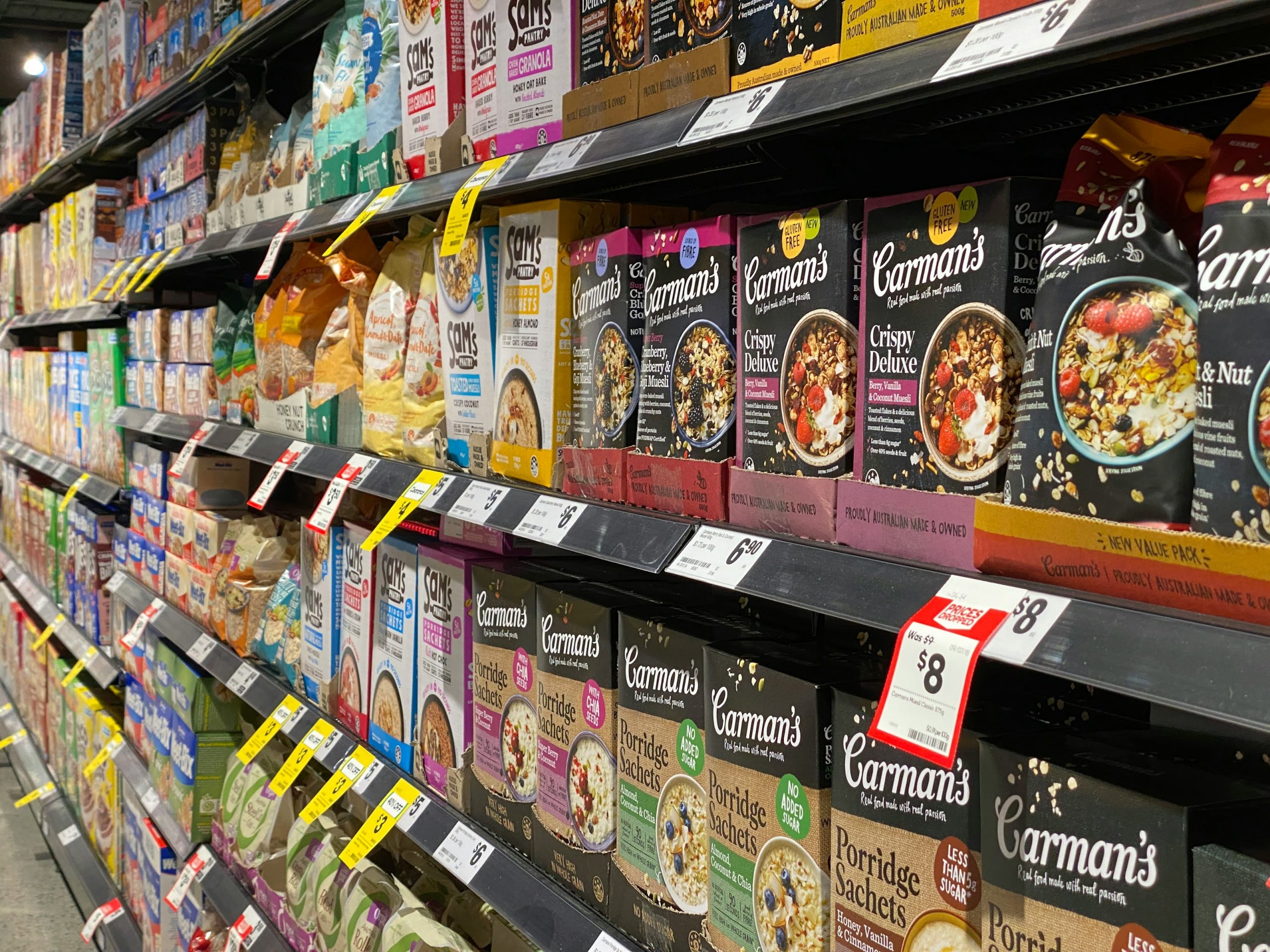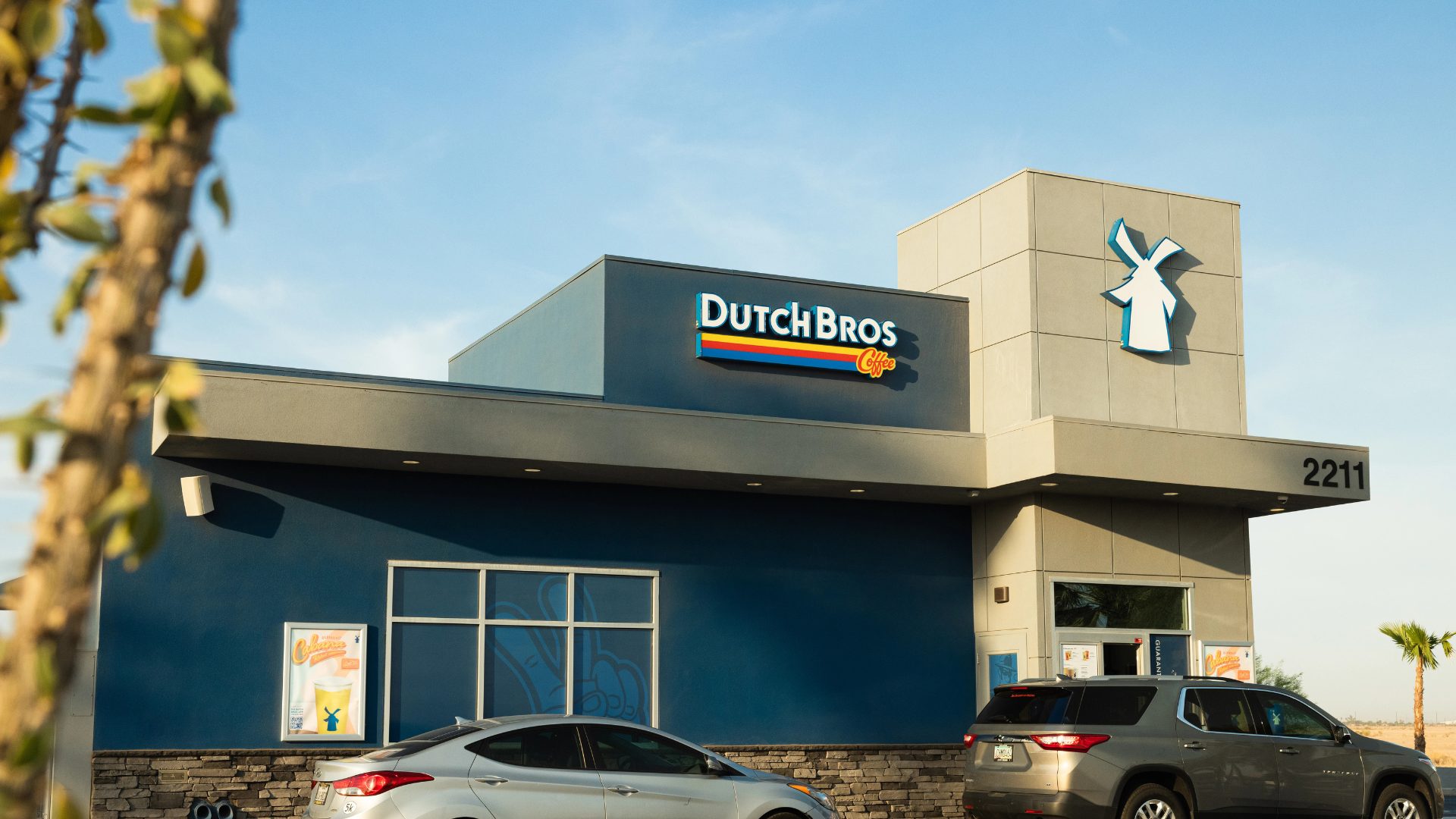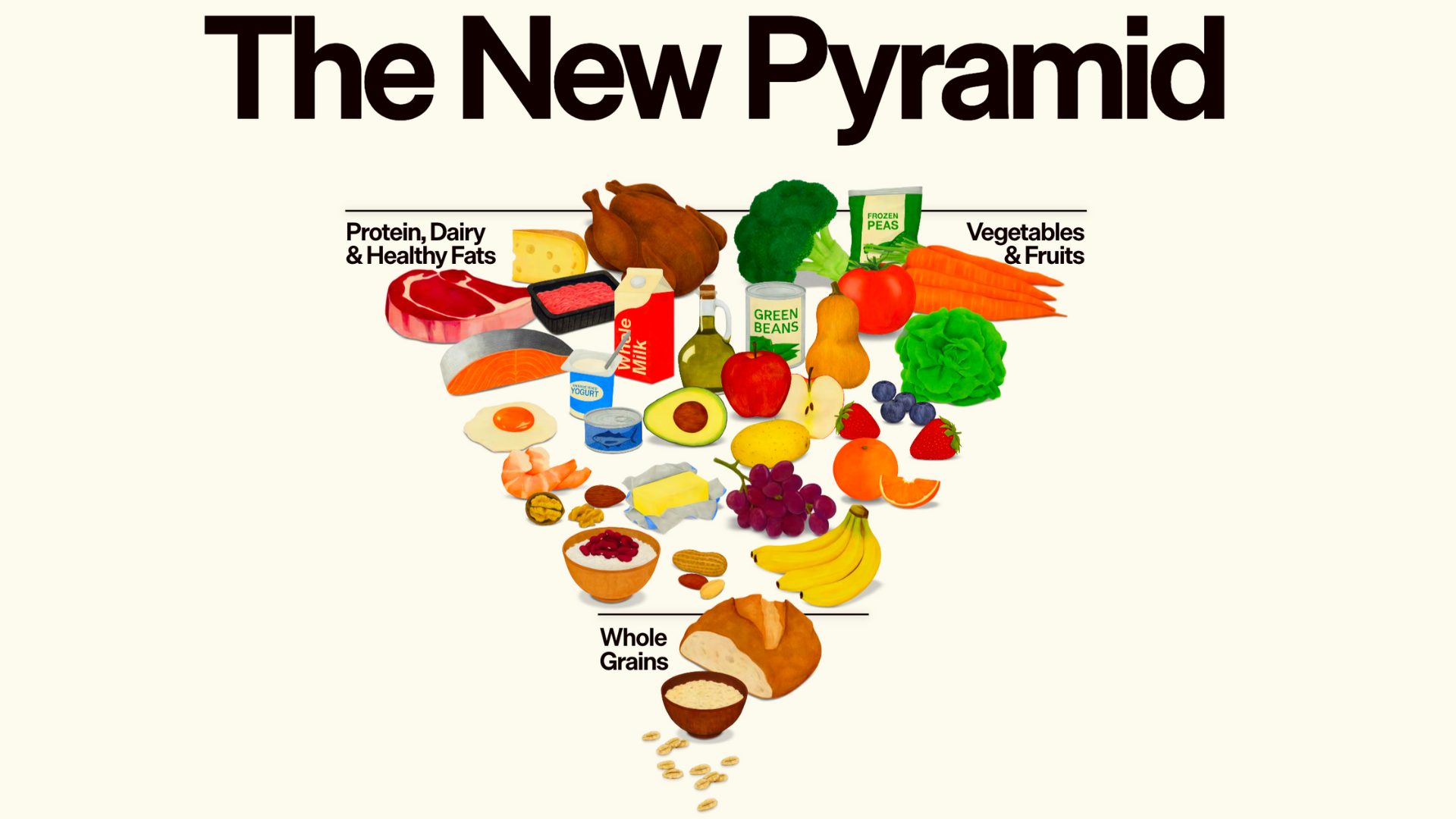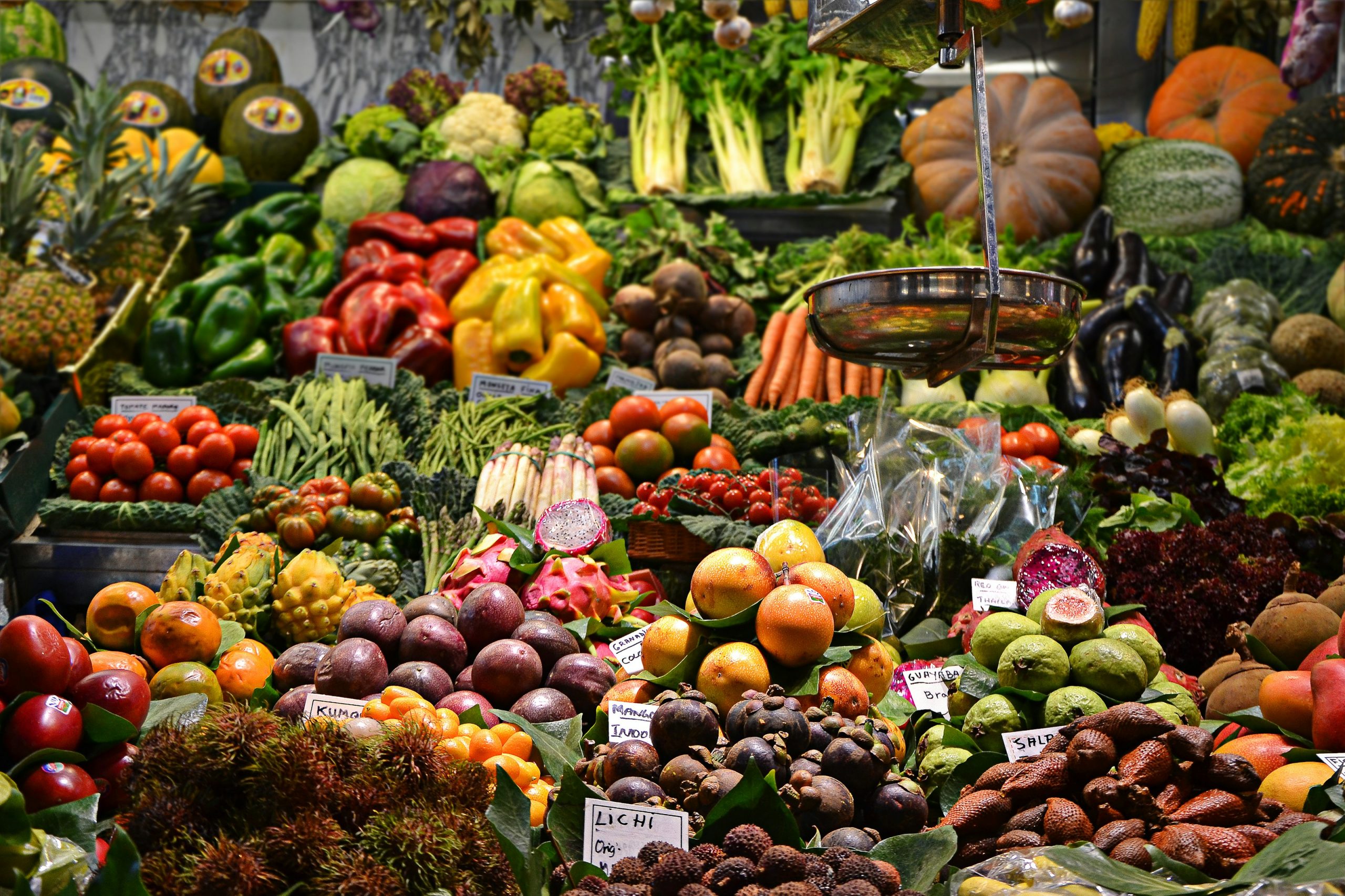NEW YORK CITY – At the recent 2025 BMO Global Farm to Market Conference, food industry stakeholders gathered in New York City to discuss pressing industry topics, including recent developments in the plant-based market.
Industry leaders noted how tailwinds from consumers’ accelerated interest in personal wellness and better-for-you offerings are creating synergies for the plant-based industry.
EVP and chief merchant and marketing officer Mary Ellen Adcock highlighted the significant opportunity for plant-based products in Kroger’s private label portfolio, particularly where it meets other industry trends, such as natural and organic.
The Kroger executive said that the brand has invested $70 million in its manufacturing capabilities to deliver quality and value in this segment, adding that the implications around the category are long-term.
“Customers say better for you is no longer good enough. They are more informed than they’ve ever been, and they’re looking for solutions that support their long-term wellness,” Adcock said.
The retailer’s Simple Truth label is the largest natural and organic brand in the U.S. Later this year, it will launch a protein line with over 90 items to appeal to discerning, health-focused shoppers.
As a counterpoint, Kroger EVP and CFO David Kennerly supplanted the retailer’s better-for-you growth in the context of the retail anatomy: “For many years, the perimeter of the store has been growing faster than center store.”
This trend is especially true for plant-based milks. SunOpta CEO Brian Kocher explained that household penetration has exceeded 60% for the category, and the fact that the trend over-indexes to the younger generation signals that demand will continue for years to come.
For SunOpta, the modern plant-based consumer synergizes well with the ready-to-drink (RTD) protein category. Kocher noted it was a potential area for future capital allocation as consumption of the category grows at a rate exceeding 25%.
Functional Beverage Market Potential
In a conversation about the future of functional beverages, plant-based category interest is bolstered by consumer desire for a “food as medicine” approach, both because of apolitical interpretations of the domestic Make America Healthy Again movement, as well as the macro trends that have inspired a consumer base of informed consumers scrutinizing ingredient labels.
Henry Kasindorf, CEO of Remedy Organics, called plant-based protein the largest segment of the functional beverage market, while also commenting on these “super shoppers” raising the bar on function and flavor.
Kasindorf was joined by Yanni Hufnagel, founder and executive chairman of Lemon Perfect, and Jeff Pedersen, CFO of Suja Life. The founders discussed how, although the total addressable market (TAM) represents a roughly $75 billion opportunity, there are headwinds these bands must consider, namely around product trial and marketing.
Hufnagel said that the majority of the brand’s marketing budget has been focused on point-of-purchase opportunities with retailers and third-party delivery services as it builds out its national distribution plan.
“We focus on where we are, and we work with our retail partners to drive growth in the category. We are focusing our dollars on driving trial and velocity,” said Hufnagel.
Petersen echoed the point, adding that trial is paramount, as consumer research shows that only one in seven consumers know what a cold-pressed juice shot is, a core product of Suja Life.
The proof of concept is in its returns. Kasindorf explained that conventional retail has been incredibly successful for Remedy Organics even in rural areas and regions with low household incomes. The “healthy indulgence” aspect of functional beverages allows an opportunity for both plant-based and general better-for-you products to grow their market share.
The Food Institute Podcast
Just how difficult is it to scale a better-for-you snack company? Rebecca Brady, founder and CEO of Top Seedz, shares how she turned a homegrown idea into a rapidly scaling snack brand and breaks down the strategy behind her growth, from bootstrapping production to landing national retail partnerships.












